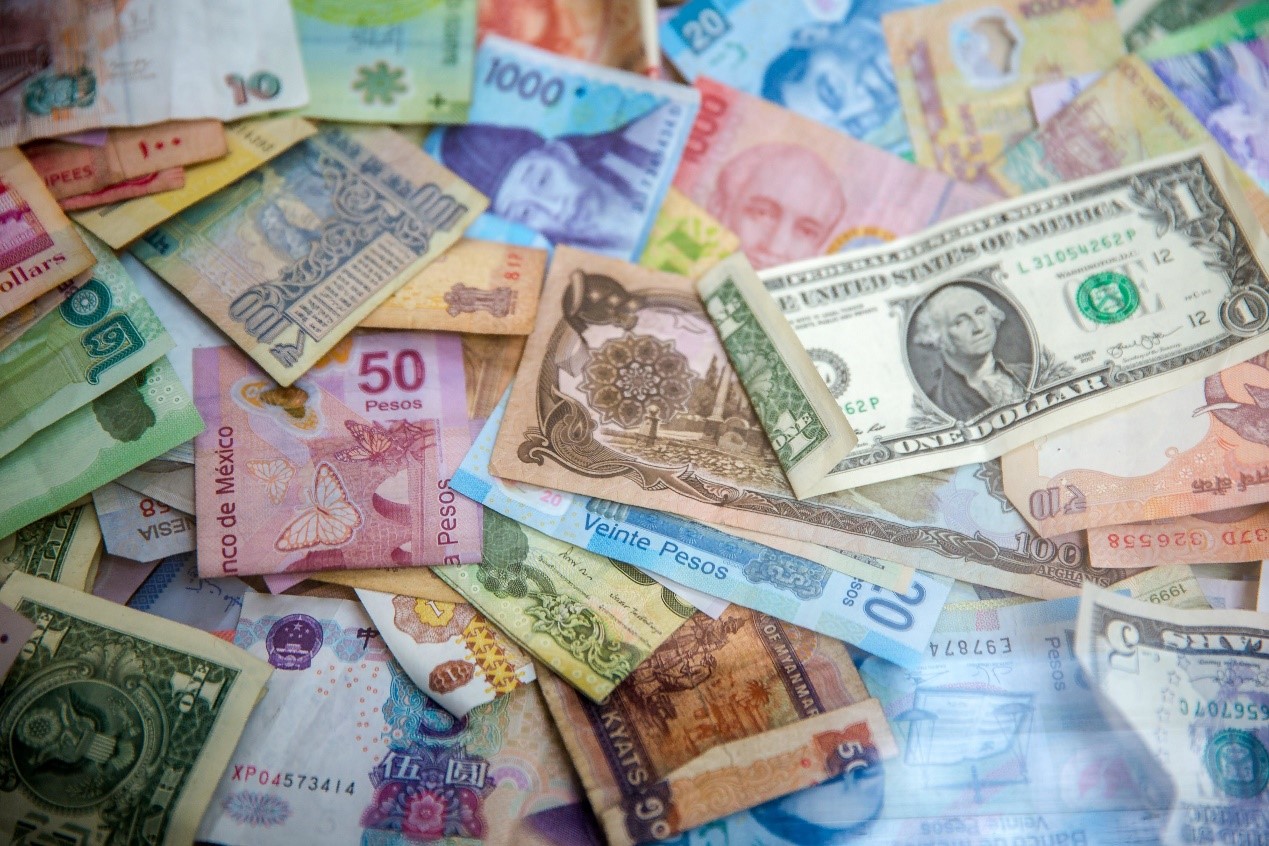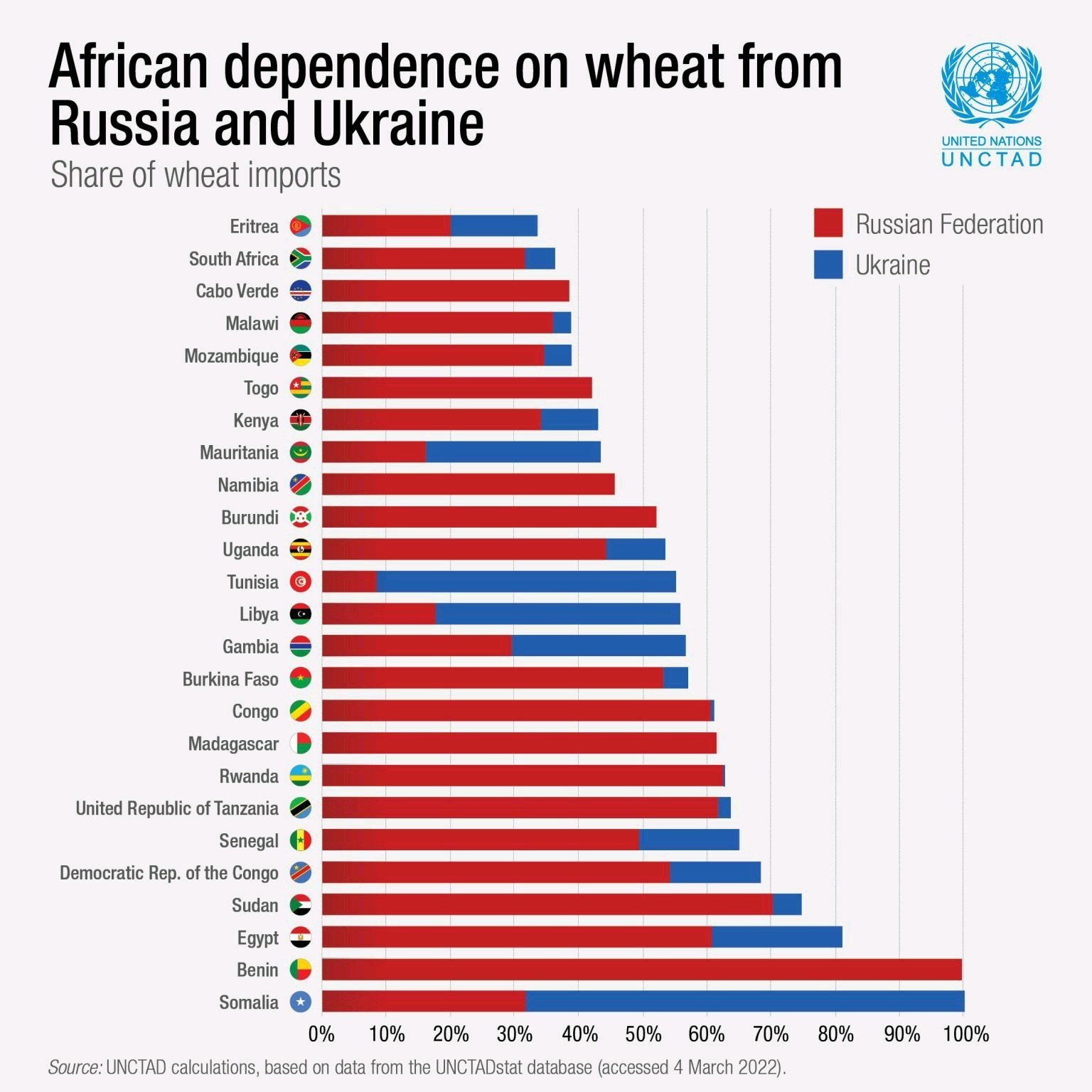What do sanctions help achieve? An expert explains
来源:World Economic Forum;发表于:2022-04-14;人气指数:330
What do
sanctions help achieve? An expert explains
https://www.weforum.org/agenda/2022/03/what-do-sanctions-help-achieve-an-expert-explains/

Sanctions: The
relations between the different key powers will be shaped by economic warfare
first and foremost.
Image: UNSPLASH/
Jason Leung
22 Mar 2022
Jonathan Hackenbroich
Policy Fellow,
European Council on Foreign Relations (ECFR)
Abhinav Chugh
Content and
Partnerships Lead (Expert Network & Content Partners), World Economic Forum
*Economic sanctions
imposed against Russia for invading Ukraine are the most comprehensive and
coordinated actions taken against a major power since World War II.
*Multinational
companies across all sectors are pulling out of the country, taking their
products, services, and jobs with them.
*Russian citizens are
seeing their purchasing power and livelihoods sharply eroded because of the
depreciation of the Russian ruble.
Economic sanctions have
been used as a tool of war for centuries. In 17th- and 18th-century Europe,
economic sanctions were frequently implemented by countries at war. They included
prohibitions on trade, the closure of ports against enemies, and bans on
trade in certain commodities. Economic sanctions continue to play an
important role in the response to terrorism, nuclear proliferation, military
conflicts, and other foreign policy crises.
The primary objective of
imposing sanctions is to deter bad behaviour, enforcing economic punishment on
the targeted country, and to force rehabilitation, or changed behaviour by that
country. However, the success of sanctions depends on their enforcement and
effectiveness. Sanction efforts are most effective when coordinated and
implemented multilaterally with allies, and poor design and implementation of
sanctions policies often leads to them falling short of the desired effects.
After Russia
initially invaded Ukraine in February 2014, the United States imposed a series
of sanctions designed to punish and weaken the Russian economy through
restrictions on trade and finance. However, these sanctions failed to deter
further aggression and we're witnessing a worsening conflict. Given these
circumstances, we're now observing the most severe and coordinated sanctions
effort led by the United States and the European Union to deter further Russian
military advances.
In the long term, all
these measures will have dire consequences for the Russian economy. We
asked Jonathan Hackenbroich, Policy Fellow, European Council on Foreign
Relations to provide us with some context relating to the historic use of
sanctions, insights into how the current sanctions policies are being shaped by
geopolitical movements of the past decades, and what various leaders and
policymakers need to take into consideration as they work on efforts to absorb
the economic aftershocks of sanctions.
The legitimization of
sanctions as an economic weapon
How have sanctions as
an economic weapon come to be seen as an alternative to military action?
Jonathan: Economic
sanctions have been a tool of statecraft, alongside military tools, for some
time. But the world has entered a new phase of globalization characterized by
the increasing use of economic tools for geopolitical purposes (or geo-economics)
and systemic rivalry. We may see proxy wars and indirect military
confrontation, but the relations between the different key powers will be
shaped by economic warfare first and foremost. This is chiefly because these
powers will try to avoid direct confrontation to fend off the use of nuclear
weapons and because they can more easily use asymmetric dependencies in economics
– for example access to US financial markets – to pressure the other.
We can see precisely
this preference for economic tools to avoid nuclear war play out currently in
most great powers’ relations with Russia over its aggressions in Ukraine. In
economic warfare, tools include everything from positive economic instruments,
such as trade deals, to coercive ones, such as curbs on imports, formal
sanctions, and informal sanctions (including so-called “popular boycotts”) –
from investments in strategic competitiveness to regulations designed to change
company behaviour.
Were economic
sanctions successful in the 20th century? What were some of the
false assumptions relating to sanctions?
Economic sanctions
can only be one tool in the toolbox for enforcing global peace. While they have
imposed great economic pain in the past, they have been more unsuccessful than
successful in achieving their political goal. The key determinant of sanctions'
success is how the sanctions target (in this case Russia) versus the cost of
changing its behaviour (withdrawal from Ukraine) compared to the economic cost
imposed (that is disconnection from international financial markets).
Sanctions on Iran
were successful in bringing the country back to the negotiating table – and
indeed to agree to the Iran nuclear accord – when the Obama administration
clarified the sanctions goal: it stated it was not regime change (something
Tehran would have always considered to be more costly than sanctions pain), but
to persuade Iran to refrain from building a nuclear weapon.
In the past, there
were instances when sanctions or the threat thereof, were successful in
changing the target’s behaviour: when the League of Nations threatened
sanctions against Yugoslavia under Article 16 in 1921 to keep it from seizing
land from Albania, for instance, Yugoslavia did not do so. There are other
examples, especially when sanctions goals were not overly ambitious. But a
prominent one might be the end of South Africa’s Apartheid regime, where
sanctions had an important role in achieving success.
The impact of
sanctions on global governance
What has shaped the
new dynamics of economic sanctions in recent times?
The US war on terror
in the 2000s revolutionized sanctions policy. The US used its centrality in the
world’s financial system to coax banks around the world to refrain from facilitating
terrorist financing, close down accounts and freeze assets that Al Quaeda could
no longer access for its operations.
Targeted sanctions
became much more central to sanctions policy after the crippling sanctions on
Iraq during the 1990s, which primarily had the effect that the Iraqi people
suffered, but did not succeed in fundamentally changing the calculations of the
Iraqi regime. Donald Trump’s unilateral policies of maximum pressure failed in
changing Iran’s or Venezuela’s policies, even though they brought back
comprehensive sanctions.
The latest Russia
sanctions now are a combination of targeted measures against oligarchs, massive
financial sanctions and longer term trade sanctions, put in place by a broad
coalition of many key countries of the international economic system.
What could be the
possible consequences of the current global alignment on economic sanctions
against Russia? Could this lead to “expansionary autarky”?
An increasing share
of world trade will become power-based rather than rules-based. This is the
more important trend. A country like Russia will have to deal with the
difficulties that come with disconnection from large parts of the international
financial system and rapid, and broad decoupling.
China is, of course,
closely watching the West’s sanctions playbook, and one lesson is that US power
and control over the world economy’s key chokepoints remains unparalleled. But
using the same playbook on China would be extremely difficult for the West.
Europe’s energy dependence has shown the continent can be vulnerable. The key
question might be how far-reaching the lessons will be that Europe draws from
this.
Navigating a global
economic reconfiguration
What is the role that
developing economies play when such geo-economic reconfiguration takes place?
What can they do to reduce the economic fall-out from sanctions?
Developing economies
are much more concerned by shortages of essential goods, even at a time when we
primarily discuss Europe’s dependence on Russia’s energy. It is in developing
countries that we will see, and are already starting to see, prohibitively high
food prices and shortages which impact their populations most.
Those that will cope
best tend to have best networks for economic diplomacy and have the ability to
substitute more imports locally. But it will be very difficult for some. More
generally, developing countries may have to cope with the (out-)flow of capital
into safe havens in developed economies, and it is possible they stand less of
a chance to attract parts of global supply chains and production, as the
world’s economic hubs care more about security of supply chains than the
highest degrees of efficiency.
But the picture tends
to be more complex than that overall. Some of them – especially those
geographically or value-wise close to certain developed economies – might
benefit from near-shoring efforts as the global trade order becomes more
polarized. And if (mostly partial, but at times more comprehensive) decoupling
advances, especially if the world’s big markets become more difficult for each
other’s companies, different players of the so-called developed world may turn
to parts of the developing world much more. We’re already seeing that many
countries in Africa are hedging their bets when they abstained in the UN GA
vote over Ukraine.

African dependence on
wheat from Russia and Ukraine
Image: UNCTAD
What kind of measures
would policy makers and private corporations need to undertake in the
medium-term when the global economy starts to move towards correction after
taking a hit from the economic damage of sanctions?
Much is still in
flux, and depends on how the current imposition of sanctions and the current
war play out. It is safe to say that many companies need much greater
geopolitical expertise and will have to factor in geopolitical risk to a much
greater degree in their investment and trade choices.
This is a particular
challenge for SMEs, but even bigger corporations may need more political
competence. There will also be a need for permanent geo-economic dialogue
between policymakers and private corporations. The EU, for instance, has put in
place its public-private Industrial Forum aiming to ensure the EU receives the
information from companies it needs for effective implementation of the digital
and green transitions. But it lacks such a format for the third big change the
world is undergoing – that is the geopolitical one.
In general, state
policies and corporate policies will be more intertwined in a world in which
geopolitics and trade are much more intertwined. Both sides will have to
develop innovative forms of dealing with a trade world that will be more split
into power-based and rules-based, and more polarized between democracies and
autocracies, as well as many countries that will try to hedge between these two
worlds.